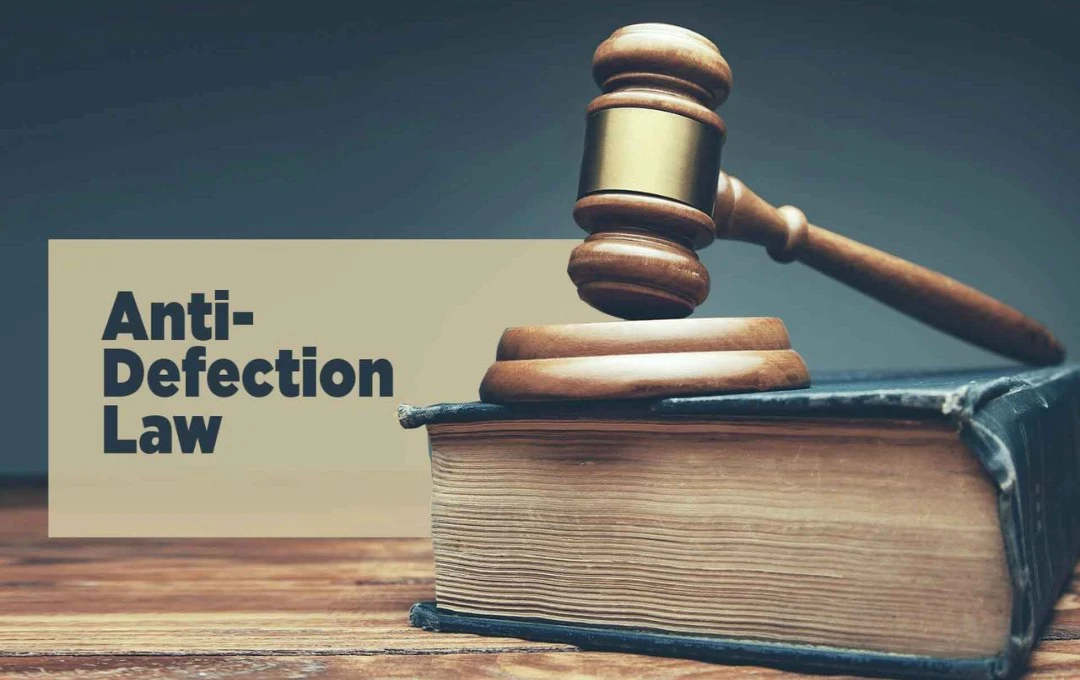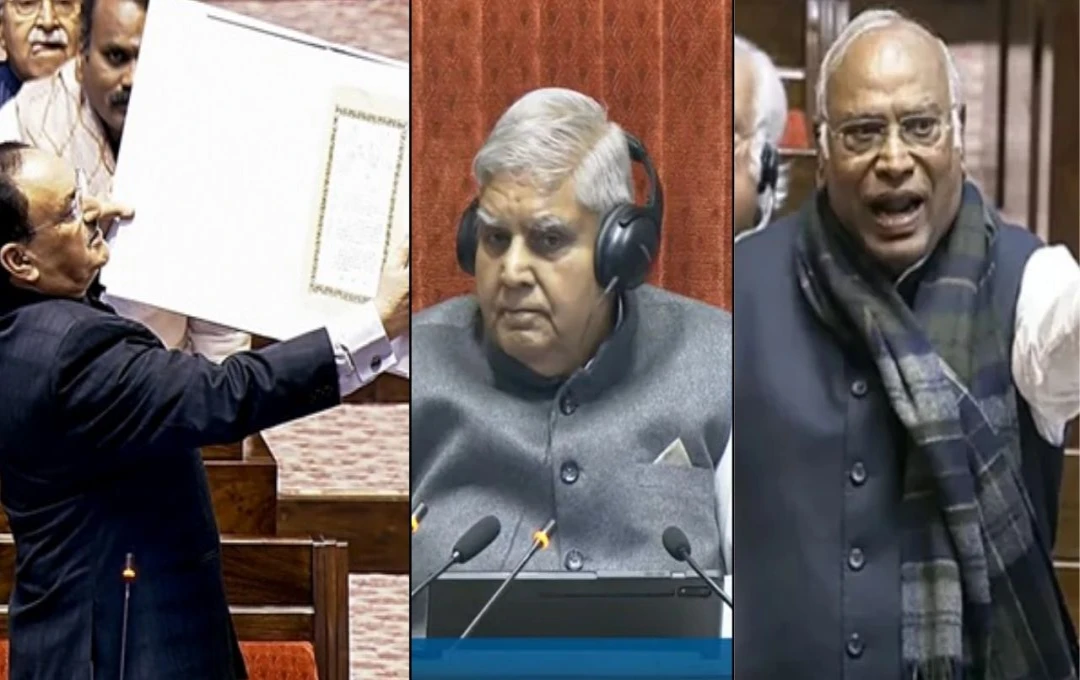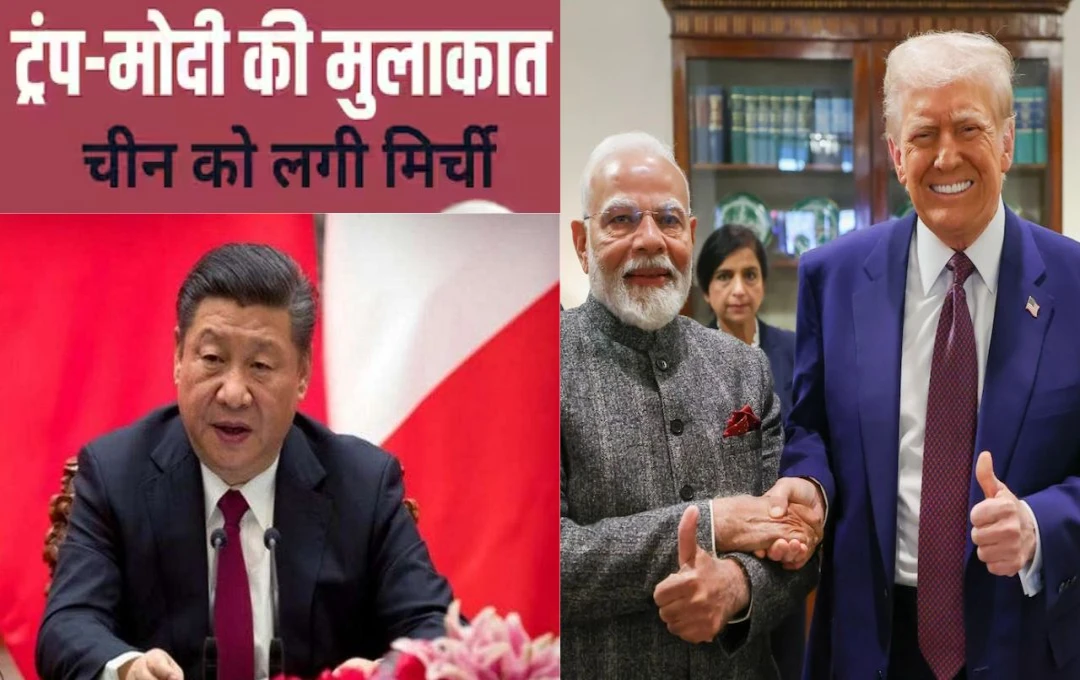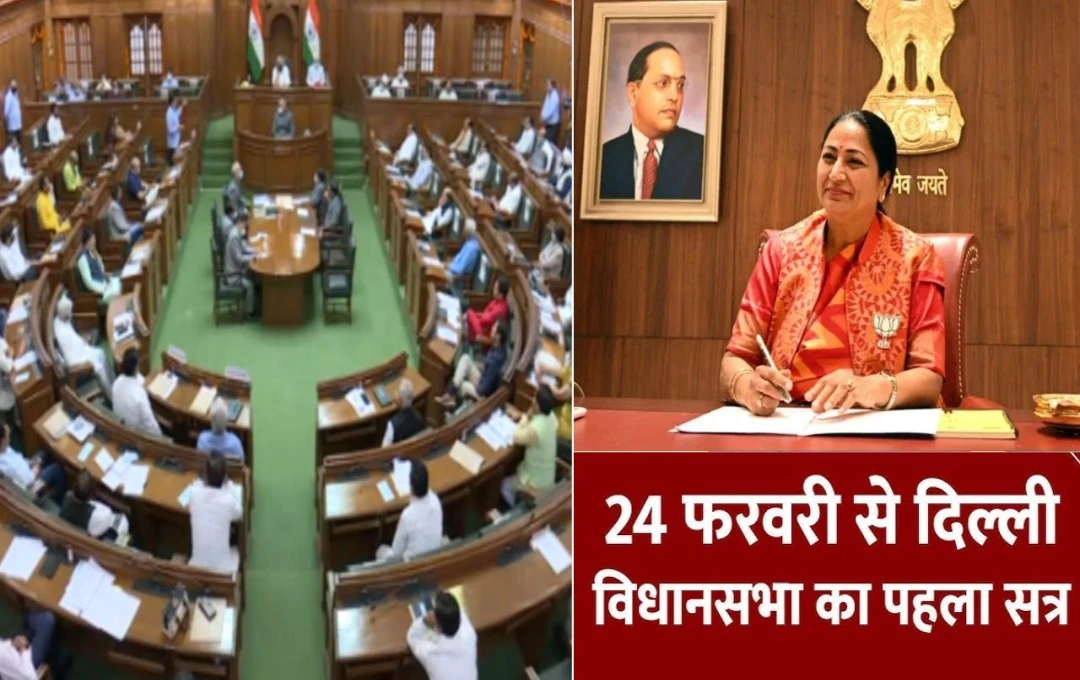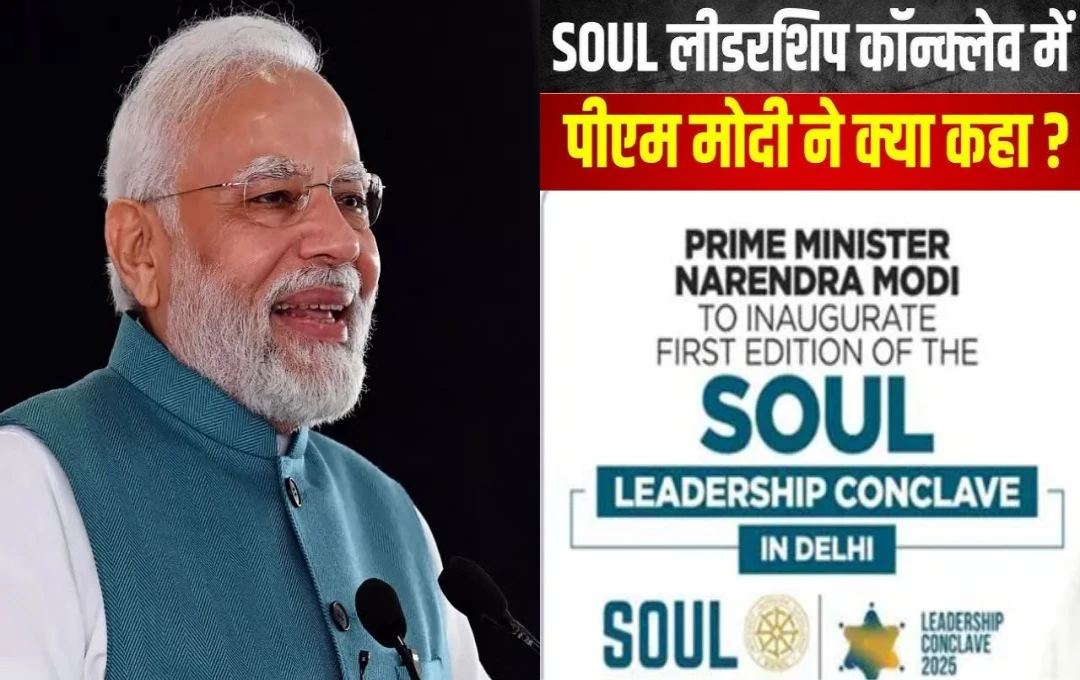India's 10th Schedule (added in 1985) incorporates the anti-defection law to prevent legislators from switching parties. However, this law doesn't apply in certain circumstances. In the 2025 Delhi Assembly elections, the BJP achieved a historic victory, securing 48 out of 70 seats, while the Aam Aadmi Party (AAP) won only 22. No other party secured any seats. This election result is anticipated to bring significant changes to Delhi's political landscape. But do you know how many MLAs from a party can collectively leave without facing consequences under the anti-defection law?
According to the 10th Schedule of the Indian Constitution, if at least two-thirds of a party's MLAs leave to join another party or form a new one, it won't be considered a violation of the anti-defection law. In the Delhi Assembly, with AAP having 22 MLAs, a minimum of 15 MLAs leaving would constitute such a merger. Otherwise, those defecting could face disqualification.
What is the Anti-Defection Law?
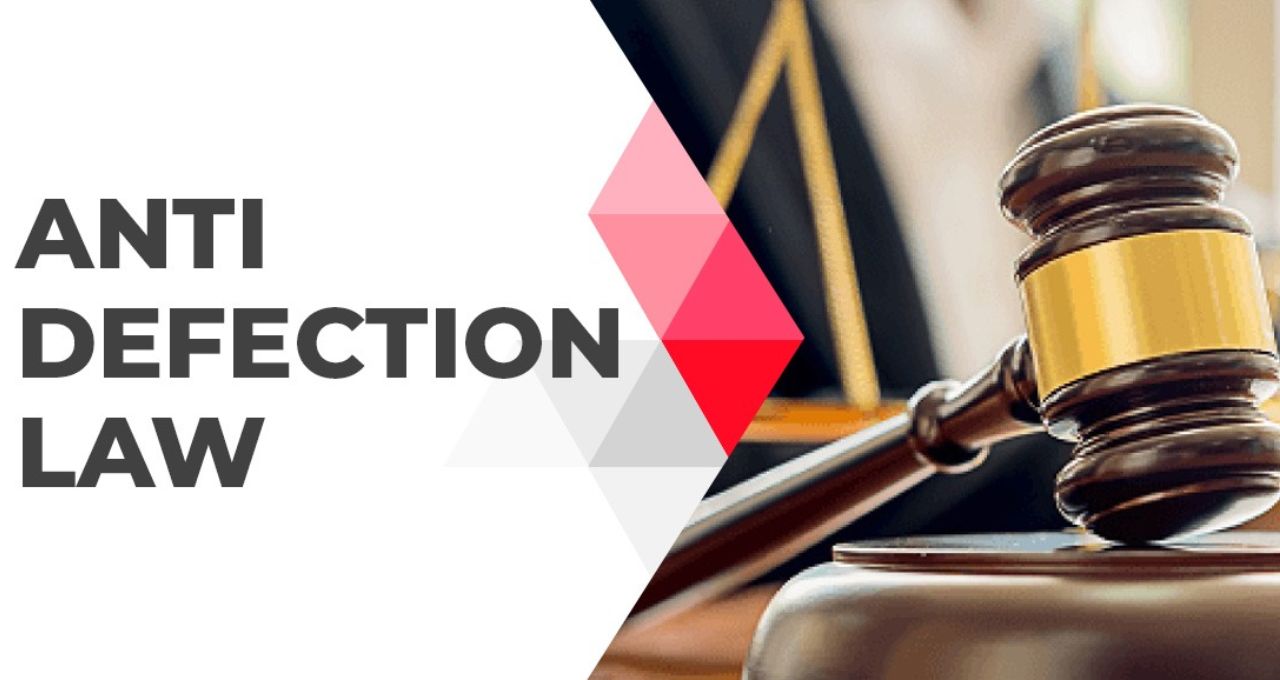
The anti-defection law is a crucial piece of legislation in Indian politics, aimed at curbing the practice of legislators switching parties. Introduced in 1985 by the then Prime Minister Rajiv Gandhi's government through the 52nd Amendment to the Constitution, and incorporated into the 10th Schedule, its primary objective is to prevent opportunistic party-hopping and unethical political activities like horse-trading.
Horse-trading refers to a situation where a politician supports or switches parties for personal gain. Under this law, if an elected representative joins another party without their original party's permission or violates the party whip, they can be disqualified. However, if two-thirds of a party's members collectively leave or merge, it's not considered a violation of the anti-defection law. This law is considered vital for providing stability to the democracy.
When Can MLAs or MPs Change Parties?

If an MLA or MP voluntarily leaves their party, their membership of the Assembly or Parliament can be terminated. Similarly, if a member knowingly votes against the party whip or is absent from voting without permission, disqualification can follow.
In the case of independent MLAs or MPs, joining a political party after winning the election can also lead to disqualification. However, the power to disqualify an MLA or MP rests with the Speaker or Chairman of the respective legislature, who makes the final decision after reviewing the case.
Exceptions to the Anti-Defection Law
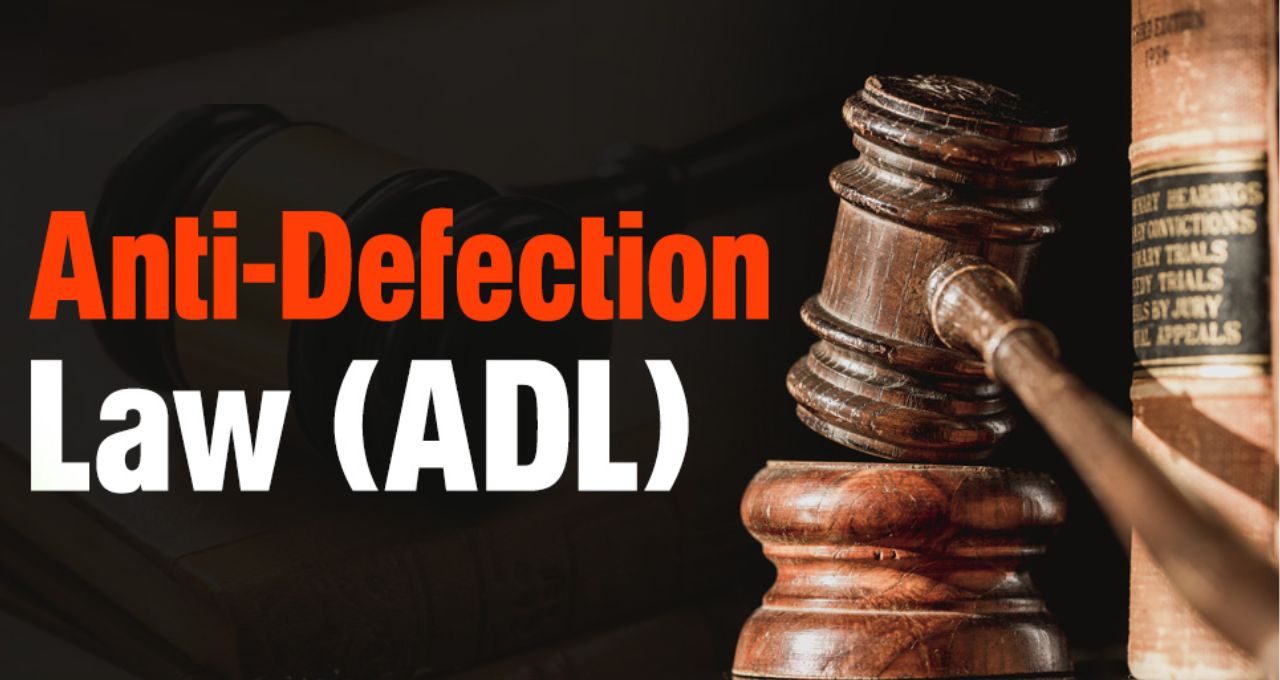
The anti-defection law has certain exceptions. Previously, if one-third of a political party's MLAs or MPs collectively resigned, they did not face action under the anti-defection law. However, this exception was removed following a constitutional amendment in 2003.
Under current rules, if two-thirds of a party's MLAs or MPs merge with another party or form a new one, it is not considered defection, and they retain their membership. Such a merger is considered valid, and they cannot be disqualified.
